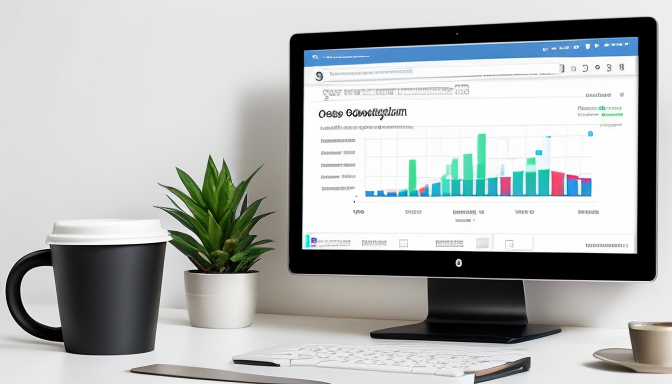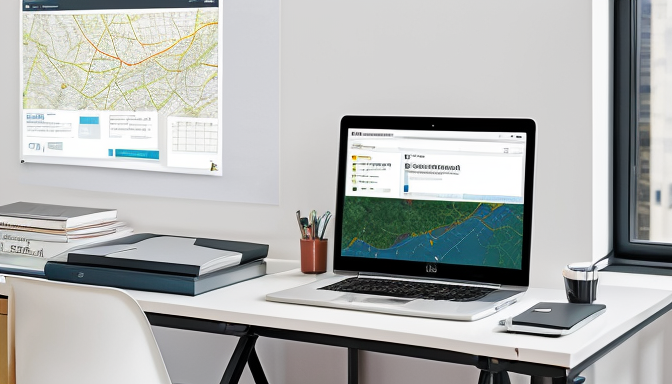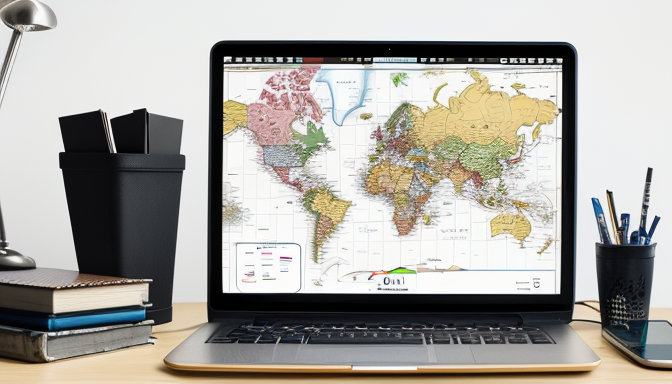
When it comes to scraping maps data, the first thing you need to remember is the importance of legality. You can’t just dive in and grab whatever data you want without considering the rules. It’s like walking into a store and taking items without paying. Not cool, right? So, how do you ensure that you ? Let’s break it down.
First and foremost, understanding the legal frameworks is crucial. Each mapping service has its own terms of service that dictate how their data can be used. Ignoring these rules can lead to serious consequences, including legal action. So, before you even think about scraping, take a moment to read through these terms. You might be surprised at what you find!
Here are some key regulations to keep in mind when you want to :
- Copyright Laws: Maps and their data are often protected by copyright. Always check if the data is copyrighted and seek permission if necessary.
- API Usage: Many mapping services provide APIs (Application Programming Interfaces) that allow you to access their data legally. Using these APIs is often the safest route.
- Data Privacy: Respect users’ privacy. If the data contains personal information, ensure you comply with privacy laws.
Now, you might be wondering, “How do I know if I’m following the rules?” A good practice is to consult with a legal expert, especially if you’re planning to use the data for commercial purposes. They can provide valuable insights and help you navigate the complex landscape of data scraping laws.
Another essential aspect is to consider the ethical implications of your actions. Even if you find a loophole that allows you to scrape data legally, it doesn’t mean you should. Think about the original creators of the data. Would you want someone to take your hard work without giving you credit? Probably not. So, always strive for transparency and respect when handling scraped maps data.
In conclusion, if you want to , start by understanding the rules. Read the terms of service, respect copyright laws, and consider using APIs. And don’t forget about ethics! By following these guidelines, you’ll not only stay on the right side of the law but also build a reputation as a responsible data user.
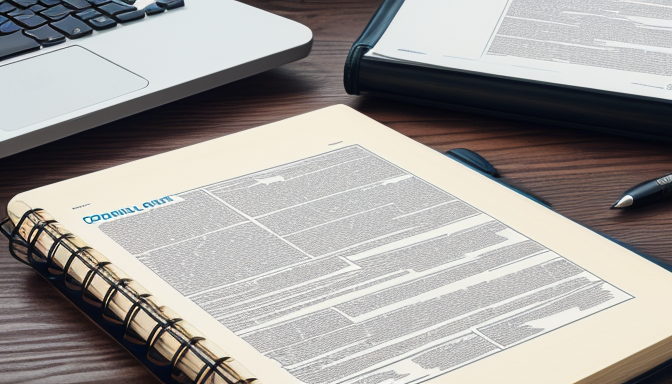
Adhere to Rules to Scrape Maps Data
When it comes to scraping maps data, adhering to rules is not just a good idea; it’s essential. Think of it as following a road map. If you stray off the path, you might end up lost—or worse, in trouble. The first step is to understand the legal frameworks surrounding data scraping. Many map services have specific terms of service that outline what you can and cannot do with their data.
For instance, you need to check if the data you want to scrape is protected by copyright. If it is, scraping it without permission could lead to legal consequences. It’s like borrowing a friend’s book without asking. You wouldn’t want to damage that friendship, right? Similarly, respecting copyright laws is crucial in maintaining good relations with data providers.
Moreover, many platforms use robots.txt files to communicate which parts of their site are off-limits for scraping. Ignoring these guidelines is like ignoring a “No Trespassing” sign. Always check for these files before you start scraping. They can save you from potential headaches down the road.
In addition to legal considerations, ethical aspects play a significant role. Just because you can scrape data doesn’t mean you should. Think about how your actions affect the original data creators. If you’re using their data, give credit where credit is due. This practice not only builds trust but also promotes a culture of respect within the digital community.
Here’s a quick overview of the main points to keep in mind when you :
- Read and understand the terms of service of the map provider.
- Check for copyright protections.
- Respect robots.txt directives.
- Use data responsibly and give credit to original sources.
By following these guidelines, you can scrape maps data legally and ethically. It’s about being a good digital citizen. In the end, the goal is to gather useful information while maintaining respect for the rights of others. So, before you dive into scraping, take a moment to consider these important factors. It’ll save you time, effort, and potential legal trouble. Remember, adhering to rules to scrape maps data is not just a requirement; it’s the foundation of responsible data usage.
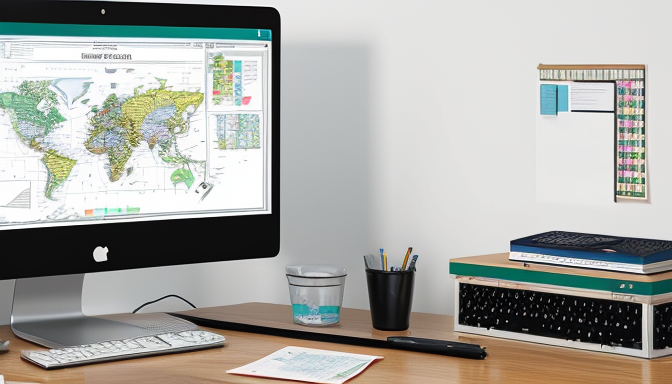
Use Safe Tools to Scrape Maps Data
When it comes to scraping maps data, choosing the right tools is key. You want to ensure that your methods are not just effective, but also safe and compliant with legal standards. After all, nobody wants to face legal troubles while trying to gather useful information. So, what should you look for in safe tools to scrape maps data?
First off, you need to consider the legality of the tools you use. Some tools may claim to be effective, but if they violate terms of service, you could be walking into a minefield. Look for tools that have a clear understanding of the legal landscape. Here are a few options that are generally considered safe:
- Beautiful Soup – This Python library is great for parsing HTML and XML documents. It’s user-friendly and widely used.
- Scrapy – A powerful web crawling framework that allows you to extract data from websites efficiently.
- Octoparse – A visual web scraping tool that requires no coding skills, making it accessible for everyone.
By using these tools, you can scrape maps data while staying within legal boundaries. But remember, even the best tools are only as good as the person using them. It’s essential to understand how to use them properly. Don’t just dive in blindly. Take time to read the documentation and tutorials available for these tools. This will help you maximize their potential.
Another important factor is data handling. Once you’ve scraped the data, how you manage it matters. Always ensure that you respect the original sources. This means giving credit where it’s due and not misusing the data. Ethical considerations are just as crucial as legal ones. You wouldn’t want someone taking your hard work without permission, right? So, treat others’ data with the same respect.
In conclusion, using safe tools to scrape maps data isn’t just about picking the latest software. It’s about understanding the rules, respecting the data, and using the tools effectively. With the right approach, you can gather valuable information without stepping on any legal toes. Remember, the goal is to scrape maps data legally while making sure your methods are ethical. So, gear up with the right tools and make your scraping journey smooth and compliant!
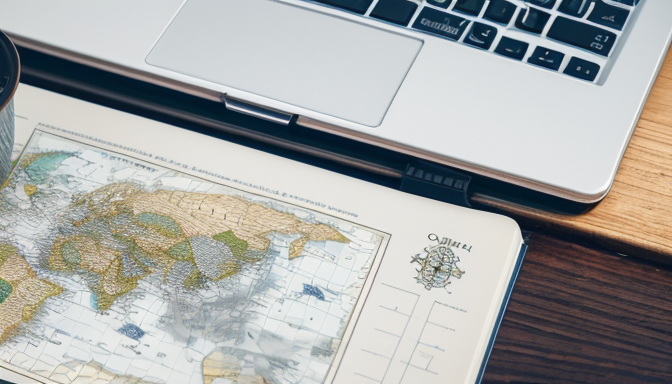
Examine Scraped Maps Data Ethically
When it comes to scraping maps data, ethics should be your guiding star. Imagine you’re exploring a new city. You wouldn’t just barge into someone’s home, right? The same principle applies here. Respect for the original data sources is crucial. So, how do we ensure that our actions are above board? Let’s break it down.
First, **be transparent** about your intentions. If you’re using scraped data for a project, make it clear to your audience where the data came from. This not only builds trust but also fosters a sense of community. Think of it like sharing a recipe. You wouldn’t take credit for someone else’s dish without mentioning the chef!
Next, consider the impact of your data usage. Are you using the data to create something beneficial? Or are you just hoarding information for personal gain? Ethical use means applying the data in ways that contribute positively. For example, if you’re developing an app that helps people navigate their city, that’s a win-win! But if you’re just selling the data to the highest bidder, that’s a different story.
Additionally, always check the terms of service of the source. Most map services have guidelines on how their data can be used. Ignoring these can lead to legal trouble. It’s like ignoring the rules of a game; it just doesn’t work out well. If the terms say you can’t scrape their data, then you shouldn’t. It’s simple as that!
Another important aspect is to **analyze the data responsibly**. Once you have the data, think critically about how you interpret it. Misrepresenting data can lead to misinformation. For example, if you find a trend in the data, ensure that your conclusions are backed by solid evidence. Otherwise, you might be leading people astray, and that’s not ethical at all.
Lastly, consider the privacy of individuals involved. If your scraped data includes personal information, tread carefully. Respecting privacy is not just a legal obligation; it’s a moral one. Always ask yourself: Would I want my information shared like this? If the answer is no, then you know what to do.
In summary, examining scraped maps data ethically is about more than just following rules. It’s about building trust, respecting sources, and using data responsibly. By adhering to these principles, you not only protect yourself but also contribute positively to the community. Remember, ethical practices in scraping maps data will lead to better outcomes for everyone involved.
Frequently Asked Questions
- What are the legal considerations when scraping maps data?
When scraping maps data, it’s crucial to understand and comply with the legal frameworks that govern data usage. This includes respecting the terms of service of the data provider and ensuring that your activities do not infringe on copyright or other intellectual property rights.
- Which tools are recommended for safely scraping maps data?
There are several tools available that can help you scrape maps data efficiently while adhering to legal standards. Popular options include Beautiful Soup, Scrapy, and Octoparse. Each tool has its own strengths, so choose one that aligns with your technical skills and project requirements.
- How can I ensure ethical use of scraped maps data?
Ethical use of scraped maps data involves transparency and responsibility. Always credit the original data sources, avoid using the data for malicious purposes, and consider the impact of your data usage on the community and the data providers.
- What should I do if I encounter a legal issue while scraping?
If you face a legal issue while scraping, it’s essential to stop your activities immediately and seek legal advice. Consulting with a professional can help you understand your rights and obligations, and how to navigate any potential disputes.
- Can I use scraped maps data for commercial purposes?
Using scraped maps data for commercial purposes can be tricky. You’ll need to check the terms of service of the data provider to see if commercial use is allowed. In many cases, you may need to obtain explicit permission or a license to use the data in a commercial context.


